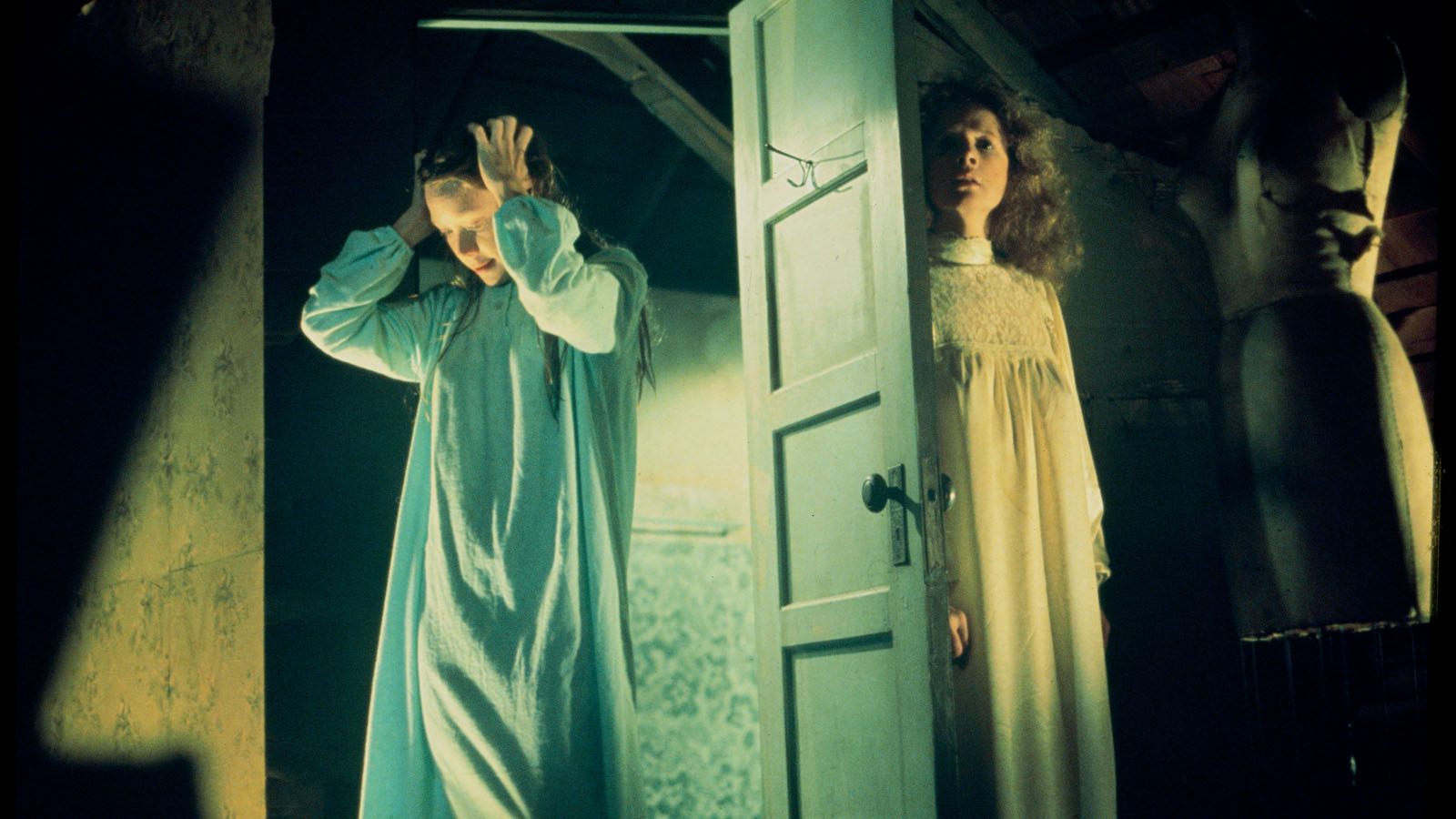
Four years after he put aside the satirical, political experiments that defined his early career to make his first true thriller, the macabre and meticulously Hitchcockian Sisters (1972), Brian De Palma released Carrie and nearly perfected his horror technique. Based on Stephen King’s epochal 1974 best seller, in which a misfit Maine teenager with telekinesis takes elaborate and violent revenge on her entire graduating class at the prom, De Palma’s film is a gloriously shot and acted work of primal terror that burrows into genuinely uncomfortable places. Transforming King’s novel—which unfolds through flashbacks, testimonies, letters, and newspaper clippings—into a gracefully observed character study that’s at once emotionally tender and ecstatically Grand Guignol, De Palma turned out not only one of the genuine horror classics of its era but also one of the greatest movies ever made about high-school life.
Carrie is played unforgettably by a breakout, Oscar-nominated Sissy Spacek, whose ability to appear fairy-tale fragile in one moment and death-stare scary in the next is key to the film’s success. Mercilessly teased by fellow students and mean teachers alike, and abused at home by her evangelist mother (a furious Piper Laurie, also an Academy Award nominee here), the taciturn senior is perhaps a lost cause, yet the film sadistically dangles hope in front of us throughout: her possible redeemers include kindhearted jock hunk Tommy Ross (über-permed William Katt); ambiguously well-intentioned Sue Snell (passive, expertly hard-to-read Amy Irving), who asks Tommy to invite Carrie to the prom; and gym teacher Miss Collins (Betty Buckley), the only supportive authority figure in Carrie’s life, though in the end her efforts come to naught. Unfortunately, the forces of evil, personified by Nancy Allen’s bullying Chris Hargensen and John Travolta’s dumbass Billy Nolan, are more powerful than any act of kindness, leading to the devastating climax, in which Carrie’s powers are truly unleashed—an extraordinary display of practical effects and swooning, complex camera dollies and tracks that represent a technical high-water mark for the genre. Rarely has a horror set piece felt so emotionally complicated in terms of character identification: we root for Carrie, so we understand her retaliation, yet the havoc she wreaks is so outsize that it swallows up all reason, an apocalyptic vision in which the good and the bad are punished together in violent anguish.
Carrie is a ceremony of blood. At the beginning, she is mocked by her classmates for menstruating in the gym shower and not understanding why her body is bleeding. At the climax, she is publicly drenched in pigs’ blood, a symbolic act of humiliation meant to recall her body mortification. The cruelty of the metaphor—crucially a scenario imagined by a male author and realized on-screen by a male director—is almost unbearably grotesque. Yet it has become the stuff of legend: a true, eternal sick joke. And Carrie herself remains an antihero for the ages, somehow not really a villain despite her legacy as a mass murderer. Like the final image of the film—one of the great movie jolts of all time—she still has a grip on us. 🩸
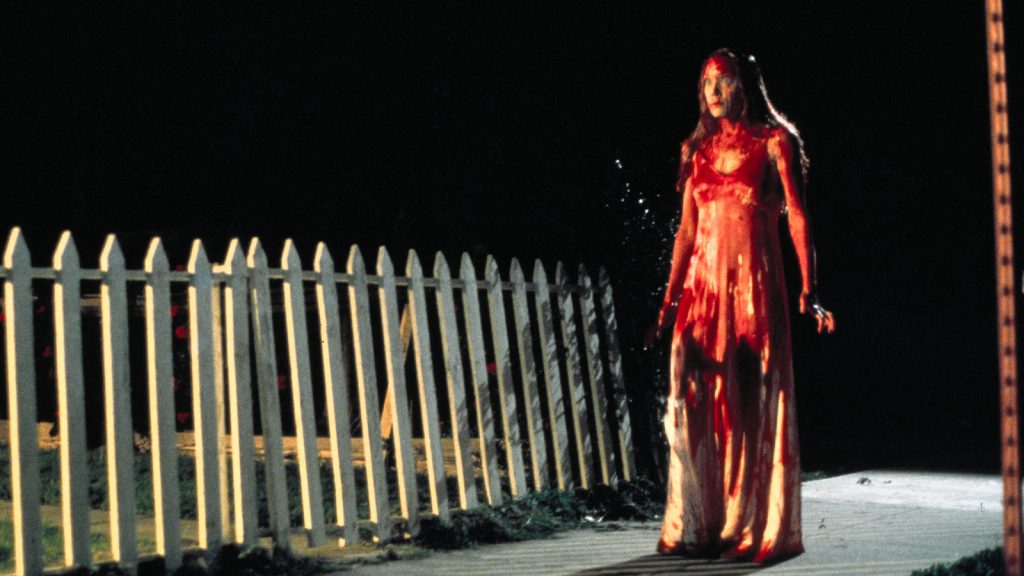
is Editorial Director at Museum of the Moving Image; cofounder and editor of the online film magazine Reverse Shot, a publication of MoMI; a longtime contributor to The Criterion Collection, where he programs the Criterion Channel series “Queersighted”; and the author of Films of Endearment (Hanover Square Press, 2021).
Before we assess the villain, let’s begin with the hero—and “hero” is the correct appellation for Johnny Smith, most especially because...
BY JOSÉ TEODORO | November 3, 2024
As The Innocents opens, a family of four are in the car headed to a new home. In the back seat sit two sisters: the lightly freckled Ida (Rakel Lenora Fløttum), her intense stare much older than her 9 years, pinches her older, nonspeaking autistic sister, Anna (Alva Brynsmo Ramstad).
BY LAURA KERN | May 13, 2022
There’s so much to love about ’80s horror, especially for those of us raised on the films of that era. They routinely feature endearingly predictable plot twists, spooky synth soundtracks, characters who do the stupidest possible thing at the worst possible moment...
BY HANS SMITH | April 19, 2022
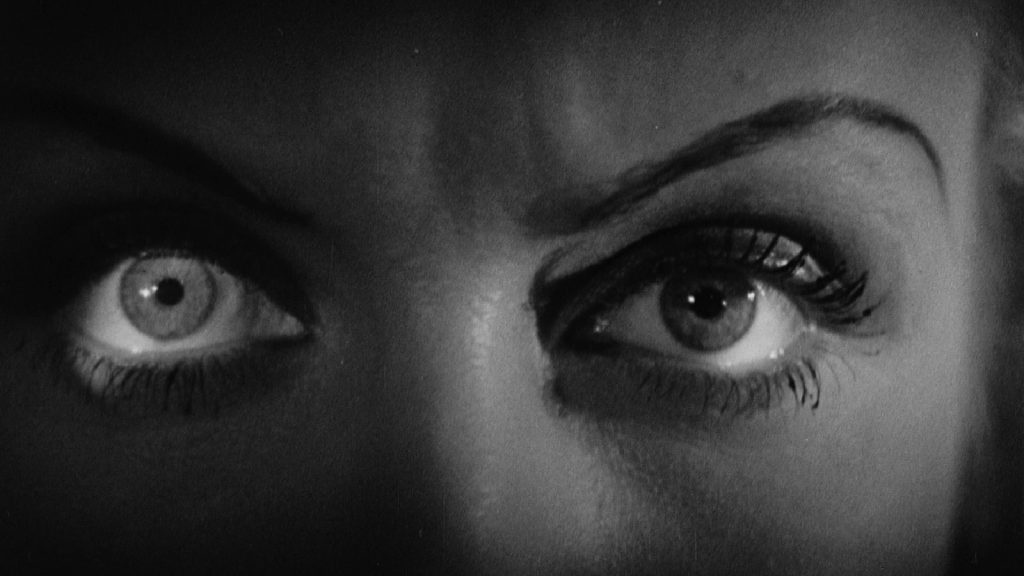
This pre-Code offering packs a lot of story into its typically brisk running time, with several plot threads weaving together a (not always successful) tapestry of spooky and criminal doings.
READ MORE >
BY ANN OLSSON | Month 00, 2021
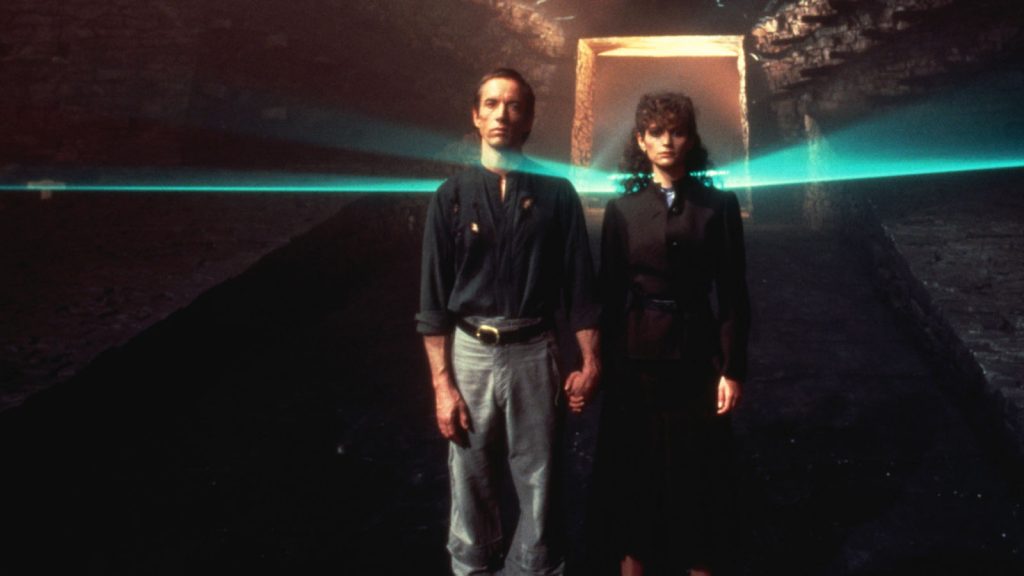
In what could be the fastest-resulting rape revenge movie, a drunken lout brutally forces himself on Ida, the young woman who doesn't return his affections, during a party over Labor Day.
READ MORE >
BY LAURA KERN | Month 00, 2021
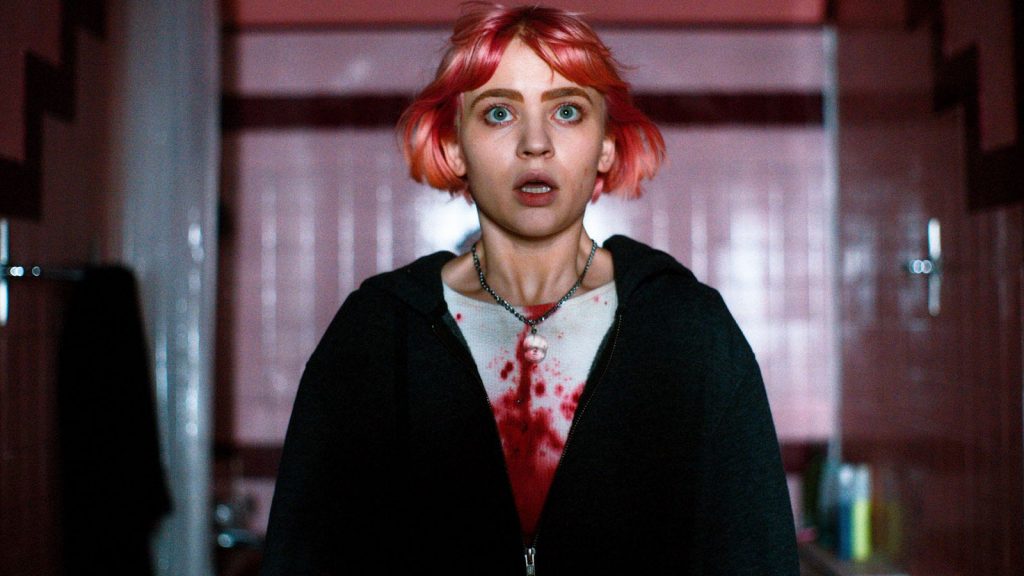
Beast is a lot of movies in one package - fractured fairy tale, belated-coming-of-age story, psychological drama, regional horror film - but above all it's a calling card for its leading lady, Jessie Buckley.
READ MORE >
BY LAURA KERN | Month 00, 2021